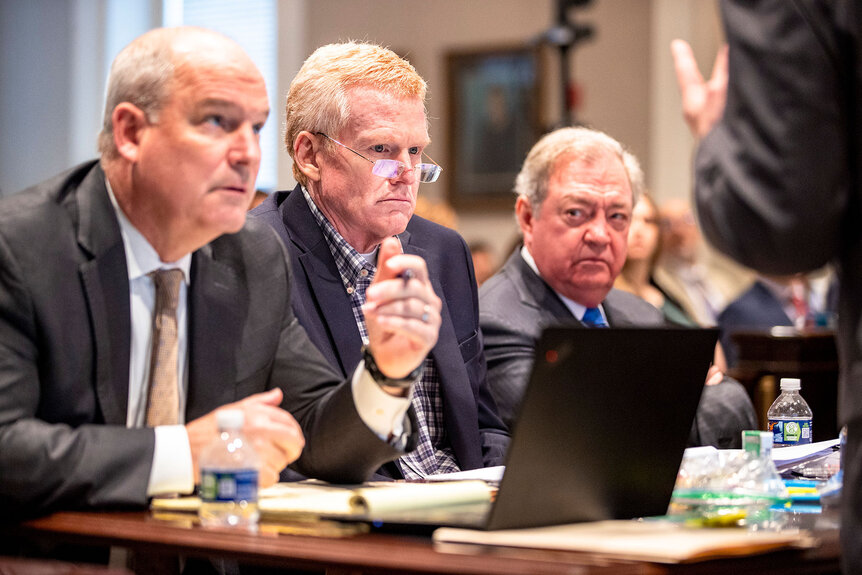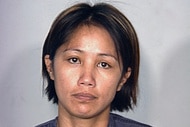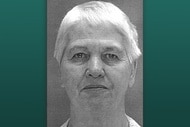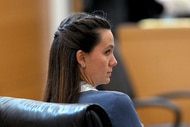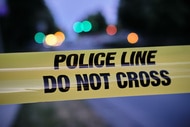Create a free profile to get unlimited access to exclusive videos, breaking news, sweepstakes, and more!
Judge Will Allow Evidence Of Alleged Financial Crimes In Alex Murdaugh's Murder Trial
Prosecutors have argued that Alex Murdaugh's alleged financial desperation will be key to providing jurors with a sense of motive in the trial over is wife Maggie and son Paul's murders.

A South Carolina judge ruled Monday that he would allow prosecutors to introduce evidence of Alex Murdaugh’s alleged financial crimes in what is considered a big win for the prosecution.
Circuit Court Judge Clifton Newman announced his decision Monday after hearing testimony for several days without the jury present from witnesses including the family of his deceased housekeeper, colleagues at Murdaugh's former law firm, and an attorney who had been trying to delve into Murdaugh’s finances as part of a civil lawsuit against him at the time of the murders.
“I find that the jury is entitled to consider whether the apparent desperation of Mr. Murdaugh, because of his dire financial situation, threat of being exposed for committing the crimes for which he was later charged with, resulted in the commission of the alleged crimes,” Newman said while announcing the decision in court, according to CNN.
RELATED: Holistic Medicine Mogul Has Private Eye Ex-Lover Kidnapped, Tortured and Killed
Murdaugh, 54, is accused of gunning down his wife Maggie, 52, and son Paul, 22, on the evening of June 7, 2021 at the family’s Colleton County hunting compound. He's pleaded not guilty.
Prosecutors alleged in pre-trial motions that Murdaugh carried out the murders as a “means to shift the focus away from himself and buy himself some additional time” to cover up the financial crimes, according to court documents previously obtained by Oxygen.com.
State Prosecutor Creighton Waters argued that if the crimes were revealed, it would have resulted in “personal, legal and financial ruin for Murdaugh,” a once-prominent South Carolina attorney.
While explaining his reasoning for allowing the testimony, Newman said that although it was not necessary for the state to prove a motive, they “must prove malice, and evidence of motive may be used to prove it.”
“In this case, since the identity of the perpetrator is a critical element that must be proven beyond a reasonable doubt, evidence of motive may be used in an attempt to meet that burden,” he said.
He added that the state’s theory is “essential to complete the story” of why Murdaugh may have shot his family members.
The decision comes as a blow to the defense team, who had fought to keep evidence of the alleged financial crimes out of the trial.
"They've got a whole lot more evidence about financial misconduct than they do about evidence of guilt in a murder case. And that's what this is all about," defense lawyer Jim Griffin said Friday, according to NBC News.
Before making the decision, Newman heard from a series of witnesses who laid out Murdaugh’s alleged financial distress, including Jeanne Seckinger, the chief financial officer for his former law firm, now known as Parker Law Group.
Seckinger testified, though not to the jury, that on the morning of the murders she had confronted Murdaugh about $792,000 in missing funds and told him it was up to him to prove he had not taken the money for himself, according to CNN.
The judge also heard testimony from attorney Mark Tinsley, who was pursuing a civil lawsuit against the family at the time of the killings on behalf of the family of 19-year-old Mallory Beach.
Beach was killed in a February 2019 boat crash in a vehicle allegedly helmed by Paul Murdaugh.
Paul was facing charges of boating under the influence at the time of his death. In addition to the criminal charges, Beach’s family had also lodged a civil suit against Murdaugh.
Tinsley testified that Murdaugh claimed during the negotiations that he was broke and could only afford a $1 million settlement, according to the news outlet.
Tinsley didn’t buy the story because he knew Murdaugh was “actively making money” as a successful attorney and filed a motion that could have forced Murdaugh to reveal his accounts and recent financial activity. A hearing on the issue was scheduled just three days after the murders, but was postponed after the double homicide.
"Pretty quickly I recognized that the case against Alex, if he were a victim of some vigilante, would, in fact, be over," Tinsley testified regarding the impact of the homicides, according to WYFF.
Also on Monday, jurors heard testimony from the caregiver of Murdaugh’s ailing mother.
Mushelle “Shelley” Smith testified that on the night of the murders, Murdaugh came to his ailing mother’s Almeda home and went to her bedroom where he visited for about 20 minutes.
Smith described Murdaugh as being “fidgety” during the brief visit.
In the days after the murders, Smith testified that Murdaugh approached her and asked her to say he had been at the house longer than she remembered.
“If somebody asks you, I’ve been here 30 to 40 minutes,” he allegedly said, according to NBC News.
He also offered to help her financially with her upcoming wedding and career, WTOC reports.
Smith—who appeared nervous and broke down in tears during the testimony—described Murdaugh as wearing shorts and a T-shirt when he arrived at the house. She said she saw no signs of blood or dirt on him.
When prosecutor John Meadors asked her why she was crying on the stand, Smith responded, “Because it's a good family, and I love working there, and I'm sorry all this happened. Good people, you know,” WYFF reports.
Several days after the funeral Smith testified that Murdaugh showed up at the house again, this time carrying what looked like a wadded up blue tarp under his arm.
Prosecutors have said they later recovered a blue raincoat inside the home that was covered in gunshot residue.
When being cross-examined by the defense, Smith admitted that “fidgety” behavior was normal for Murdaugh and once again described him as a “good person.”
In addition the murder charge against him, Murdaugh is also facing around 100 other criminal charges in connection with the alleged financial crimes after authorities say he stole nearly $9 million from his former law firm, clients and others as part of a years-long scheme to line his own pockets. The charges also include allegations of tax evasion, money laundering and trying to arrange a botched assisted suicide attempt so his surviving son Buster would inherit $10 million in life insurance money.
For more on the case, check out Oxygen's special "Alex Murdaugh: Death. Deception. Power."
